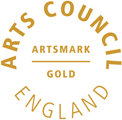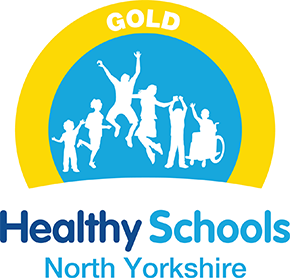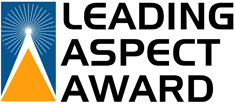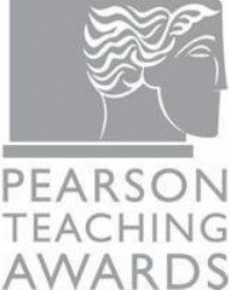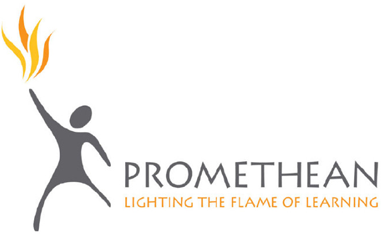 Science
Science
Name : Miss R Brigg
Position : Curriculum Area Leader for Science
Email address : rb@selbyhigh.co.uk
Curriculum Intent:
- To deliver engaging lessons which allow all students to be stretched yet feel able to achieve. Students should feel supported and have the confidence to take risks and work independently in the pursuit of excellence.
- To enhance the experience of students at Selby High School and expand their horizons, through a wide variety of courses, trips and activities which promote a lifelong love of learning.
KS3
Course information/Programme of study/focus including useful links:
Students study a range of topics which encompass a wide range of teaching activities which include practical investigations, using ICT, linking science principles to the real world etc. They will develop their ability to work independently and think creatively, in addition to developing literacy and numeracy. Students are assessed by end of unit test. In addition we now carry out a formal subject examinations in line with the whole school policy, to prepare students for the linear format external exams, in addition to providing accurate data for tracking and monitoring student progress.
http://science.howstuffworks.com/
http://www.bbc.co.uk/schools/ks3bitesize/science/
http://www.docbrown.info/
http://www.channel4learning.com/support/websites/science.html
http://www.chem4kids.com/
http://www.syngentaperiodictable.co.uk/periodic-table.php?keyStage=5&showState=g
KS4
Course information/Programme of study/focus including exam board links and other useful links:
As a Specialist School for Science we offer a diverse range of courses at KS4, which allows us to personalise the science curriculum to the student’s needs and provide engaging and enriching lessons. We follow the AQA programs of study with all courses being assessed by final exams.
GCSE Assessment
AQA Combined Science Trilogy : - 6 x 70 mark papers
Separate Science which includes studying all 3 areas separately.
AQA Biology GCSE: - 2 x 100 mark papers
AQA Chemistry GCSE: - 2 x 100 mark papers
AQA Physics GCSE: - 2 x 100 mark papers
| Year | Topics Covered |
| Year 7 |
Thinking in science 7B1 – Cells 7P1 – Energy and Electricity 7C1 – Particles 7P2 – Forces 7C2 – Elements, compounds, mixtures, acids and alkalis. 7B2 – Reproduction and interdependence |
| Year 8 |
8B1 – Healthy Body 8C1 – Earth’s structure 8P1 – Energy, forces and space 8B2 – Environment and genetics 8C2 – Chemical Reactions 8P2 - Waves |
| Year 9 |
9B1 – Cell structure and transport 9P1 – Energy transfers 9C1 – Atomic structure and bonding. 9B2 – Cell Organisation 9C2 – More chemical bonding 9P3 – Kinetic Theory |
| Year 10 (AQA Trilogy/Separates) |
B3- Infection C3 – Quantitative Chemistry P2 – Electricity B4 – Bioenergetics C4 – Chemical Changes P4 – Nuclear Radiation C5 – Energy Changes B5 - Homeostasis |
| Year 11 |
B6 – Genetics and Inheritance C6 – Rate of chemical reactions P5 – Forces B7 – Ecology C7 – Organic Chemistry C8 – Chemical Analysis P6 – Waves C9 – Earth’s Atmosphere P7 – Magnets C10 – Using resources |
http://web.aqa.org.uk/index.php
http://www.bbc.co.uk/schools/gcsebitesize/science/aqa/
http://www.rsc.org/
http://www.channel4learning.com/support/websites/science.html
http://www.syngentaperiodictable.co.uk/periodic-table.php?keyStage=5&showState=g
Clubs / Extra Curricular Activities, visits and trips
Some examples of trips we have run are: -
- Drax Power Station
- Inter school science competitions such as the Physics Olympics and Top of the Bench
- Kielder Astronomy Trip
- York Science Museum Live
- York University Chemistry/Physics at Work
- Science Live Lectures

